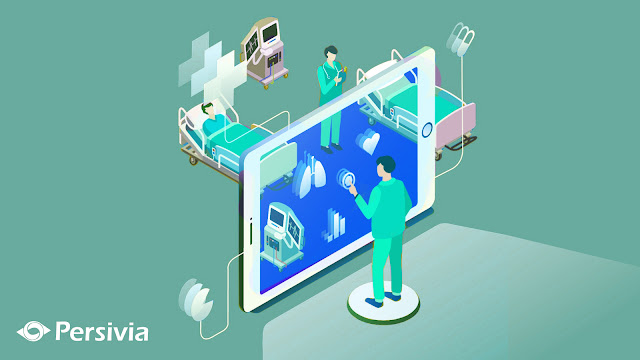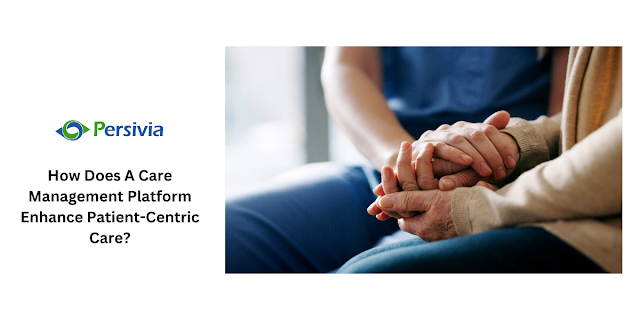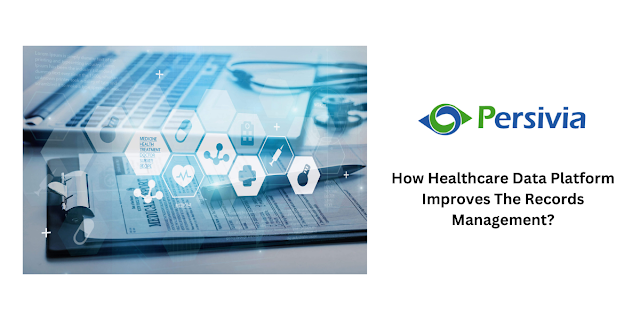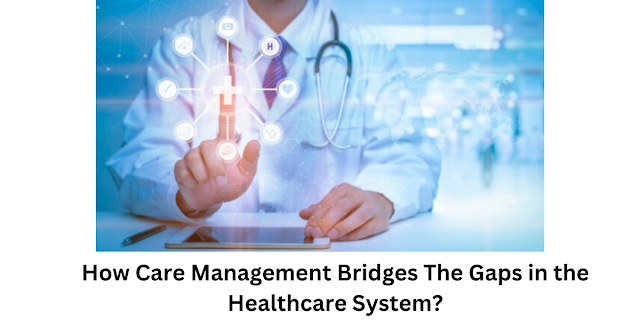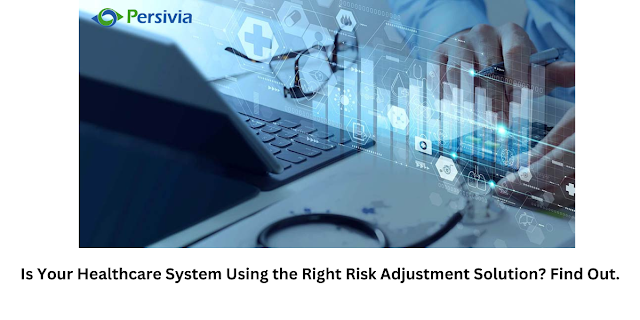How V24 to V28 Shift Revolutionized The World of Medicare Advantage HCC Coding?

In the realm of healthcare and insurance, continuous innovation is vital to ensure accuracy and efficiency. One such transformative shift that has garnered attention is the transition from HCCs Version 24 to Version 28. This evolution, orchestrated by the CMS, has sparked a revolution in the world of Medicare Advantage HCC Coding . The switch from V24 to V28 is more than just a numerical update – it signifies a comprehensive alteration with the potential to reshape the landscape of healthcare reimbursement and risk assessment. Let's delve into how this monumental shift has ushered in a new era of Medicare. The Need for Evolution As the healthcare landscape develops, so must the techniques used to evaluate risk and predict expenditures. The transition from V24 to V28 emerged as a response to the changing healthcare environment and the need for more accurate risk assessment. With each version update, CMS aims to refine the risk adjustment model, addressing concerns and incorporat
